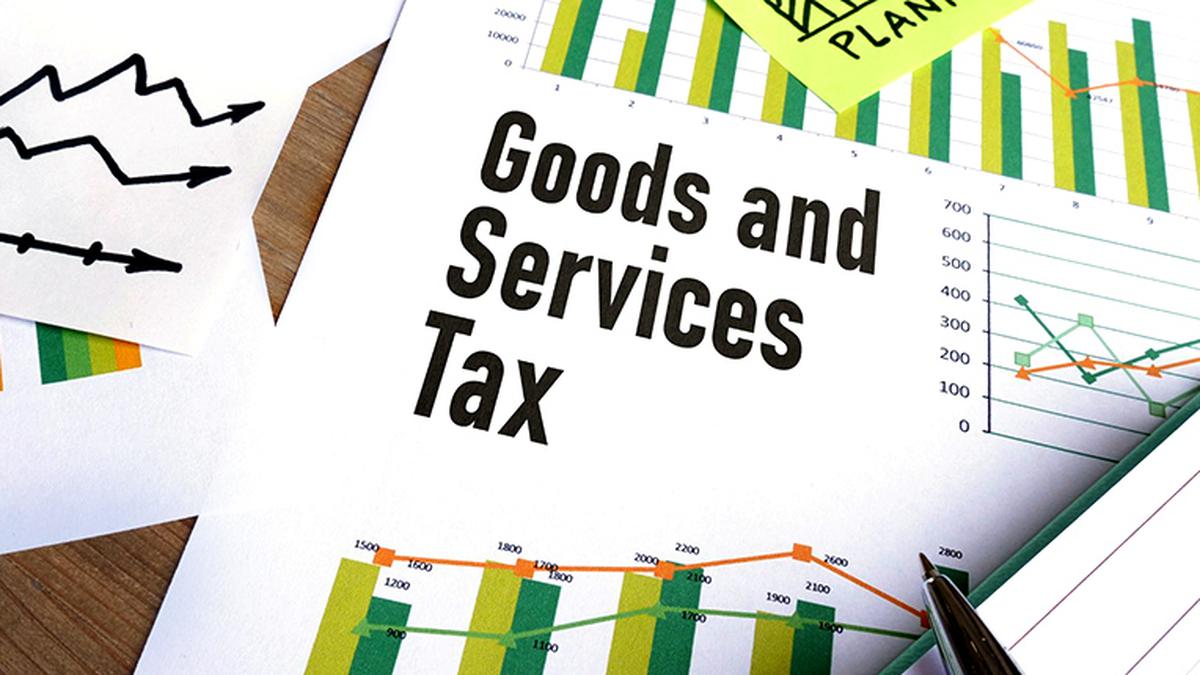
Next government must urgently fix ‘unnecessarily complex’, counter-productive GST: 13th Finance Commission chair
The Hindu
Vijay Kelkar says urgent reforms needed in India's complex GST regime, advocating for a single 12% tax rate and revenue sharing.
A key architect of India’s tax reforms and the chairman of the Thirteenth Finance Commission Vijay Kelkar has called upon the country’s next government to undertake urgent reforms in the “unnecessarily complex” Goods and Services Tax (GST) regime, such as switching to a single tax rate of 12% and sharing revenues with local governments and municipal corporations.
Mr. Kelkar has also mooted the creation of an independent secretariat for the GST Council, the apex-decision making body for the indirect tax rolled out in July 2017, as the current arrangement of the Union Government driving the secretariat may be considered problematic by States.
He termed the simplification of the GST structure, which has a “plethora of rates” and a compensation cess on some goods, as a “critically important fiscal reform” to take the GST regime to its most natural destination. Setting the tax rates “largely with the objective to maintain revenue neutrality”, as done by India, is “counter-productive”, Mr. Kelkar argued.
“The genesis of the current GST frauds lies in the very structure of the GST rates, as high rates of GST make it lucrative for the fraudsters to evade taxes,” he stressed after receiving the TIOL Fiscal Award late Saturday. Instead, he suggested that a single GST rate of 12%, with revenues shared equally with all the tiers of the government and Union Territories, be introduced at the earliest.
“In most of the developed and emerging market economies as well, there is a policy of single GST or VAT [Value Added Tax] rate on goods and services. The countries having a single rate and simple GST or VAT laws have been successful in optimising tax revenue and minimising tax disputes,” the former Finance Secretary noted. Of countries with GST or VAT systems, 80% have opted for a single tax rate, including Singapore, New Zealand, the United Arab Emirates, and Japan.
Stating that a single GST rate is “an unmet goal” in India, he recalled that a single rate of 12% had been recommended by the 13th Finance Commission “very early on in the GST debate”. It would simplify the structure, quell almost all classification issues, and help promote manufacturing and exports, he said.
“The age-old tax policy of having a differential tax rate for ‘must have’ and ‘nice to have’ goods and services should be done away with. The revolutionary reform of introduction of a single GST rate, with additional non-VAT-able taxes such as carbon taxes on a few demerit goods like hydrocarbons, is now essential,” Mr. Kelkar asserted.













